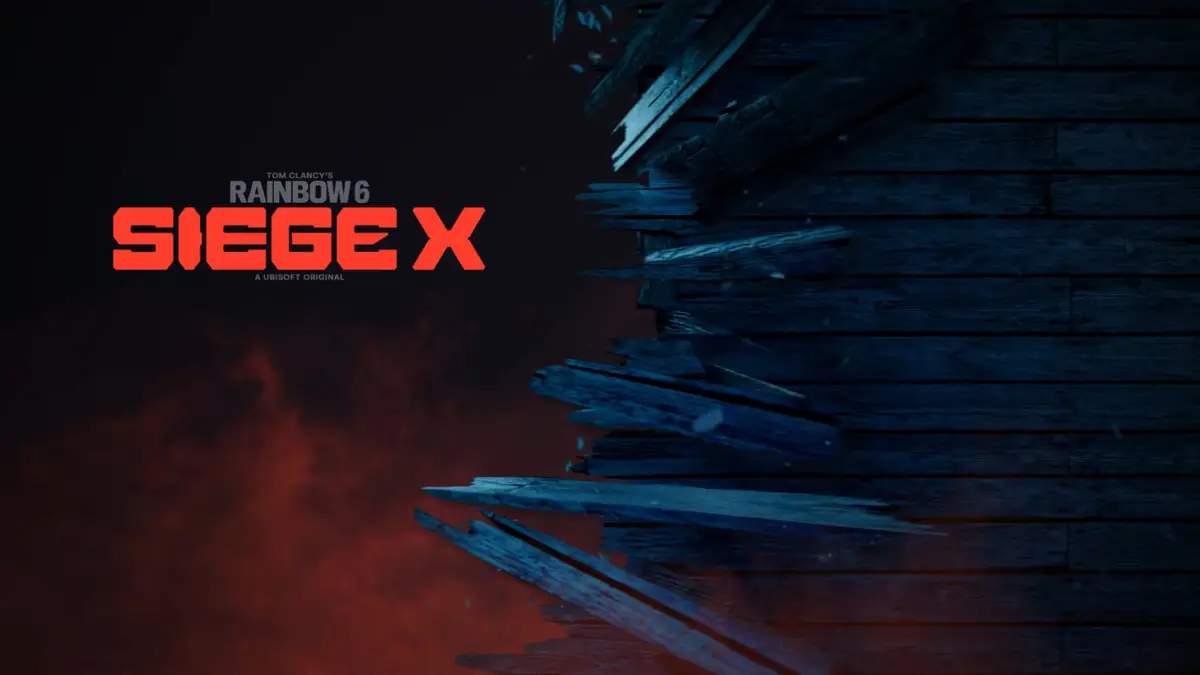In an escalating battle over digital rights and national security, TikTok has launched a legal challenge against a new Montana law that would ban the social media platform from the state. Scheduled to take effect on January 1, 2024, the law represents the first such statewide prohibition in the United States.
The Basis of the Legal Suit
TikTok, owned by Chinese firm ByteDance, argues that Montana’s legislation unlawfully restricts free speech and bypasses federal authority on matters of national security and foreign commerce. The lawsuit, filed in the U.S. District Court for the District of Montana, seeks to protect the company’s operations and the rights of its users within the state.
Legal and Constitutional Controversies
The core of TikTok’s lawsuit is the claim that Montana’s ban violates the First Amendment by infringing on the right to free speech. The company emphasizes that this move by Montana is not only a suppression of free expression but also an overreach of state powers into domains typically reserved for federal governance, such as national security and interstate commerce.
Implications of the Ban
If enforced, the ban would require app stores like Apple’s App Store and Google Play to remove TikTok, penalizing them with substantial fines if they fail to comply. This unprecedented step has raised significant concerns among digital rights advocates, including the American Civil Liberties Union (ACLU), about its implications on free speech and privacy.
Expert Opinions and Legal Precedents
Legal experts believe that TikTok’s challenge has substantial constitutional grounds, particularly focusing on free speech and the proper jurisdiction over national security issues. Past cases, such as TikTok’s successful challenge against a proposed nationwide ban under the Trump administration, provide a precedent that supports the company’s stance against unilateral state-level bans.
As this legal battle unfolds, it not only tests the boundaries of state versus federal authority in regulating technology companies but also sets a significant precedent for how the United States navigates the complex terrain of digital rights, privacy, and international relations in an increasingly interconnected world.



















Add Comment